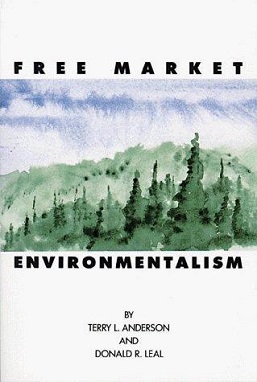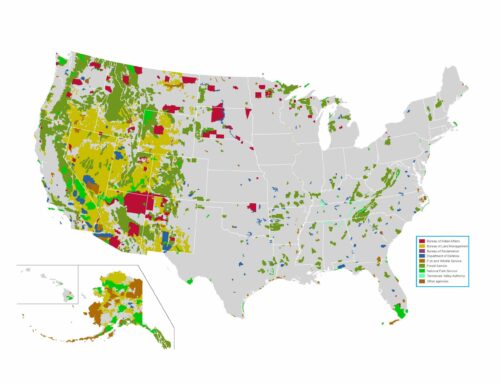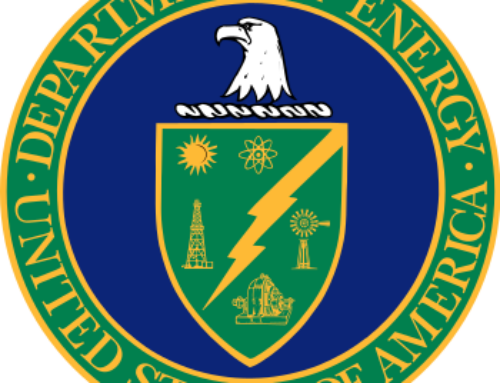by Greg Walcher, E&E Legal Senior Policy Fellow
As appearing in the Daily Sentinel
When I first moved to Washington, D.C., fresh out of college in 1979, a Capitol Hill friend offered a temporary room in a great old townhouse. Another room was occupied by a somewhat quirky, funny and absolutely brilliant writer named R.J. Smith. He became the most important and influential conservation leader you’ve never heard of.
R.J. was a struggling free-market economics writer, sharing with me and others the works of Friedrich Hayek, Milton Friedman and Ludwig von Mises, under whom R.J. had studied at New York University in the 1960s. He was a bit older, but we were kindred spirits because of our mutual abiding interest in environmental issues. But his writing was completely alien to me, focused on what he called “free market environmentalism,” a term he coined and a movement he spawned that is not only alive and well today, but leading much of the smartest discourse in America on those issues. R.J. was writing, publishing and speaking about the value of private sector initiatives, private ownership of natural resources and especially privately funded environmental successes.
It is difficult to overstate how radical such unabashed capitalism seemed, to a fresh college graduate like me, and to a country reveling in the excitement of new government environmental protection programs. Congress had recently passed what we now call the cornerstones of environmental policy: Endangered Species Act, Clean Water Act, Clean Air Act and Safe Drinking Water Act. When I arrived, the ink was barely dry on the new hazardous waste law, and the National Environmental Policy Act, which spells out the procedures for government actions that might affect the environment.
Almost nobody was talking about non-governmental conservation work in that era — except R.J. Smith. He not only touted private sector success stories, but railed against the punitive approach government always takes. He wrote about incentives in a way that just seemed out of place during a time when government regulation of the environment was almost universally accepted (the above laws were all passed by Democratic congresses and Republican presidents).






